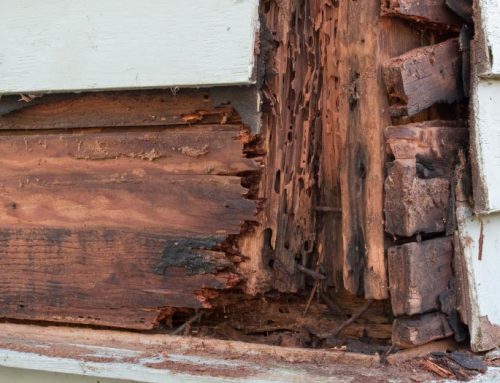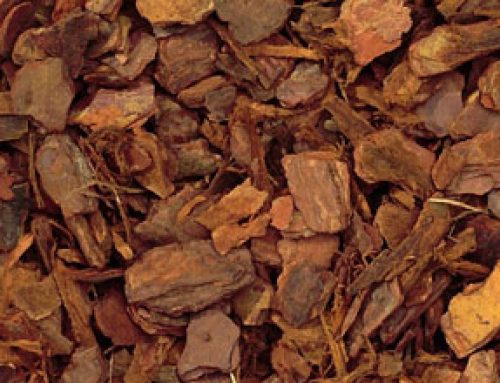RALEIGH — After the second fire in three years that spread wildly through pine straw and destroyed multiple homes, city officials are trying to limit use of the popular landscaping cover next to certain buildings.
At the request of Mayor Charles Meeker, Raleigh’s fire department will submit a report to City Manager Russell Allen next week recommending that home builders limit the use of pine needles and Bermuda grass as ground covering. The aim is to help prevent fires like the one that destroyed six homes in North Raleigh’s Highland Creek neighborhood on Tuesday.
“I think the council needs to look at it further,” Meeker said. “Even though we haven’t had anyone seriously injured, it’s a very hazardous situation.”
The fire department also will study fire ordinances in the state’s 10 largest cities and try to come up with a replacement for pine straw.
That replacement will likely be mulch, which is typically made of wood chips and is less of a fire hazard than pine needles, horticulture experts say. Some mulch also can be treated to make it resistant to fire.
“There really needs to be a 3- or 4-foot buffer between the straw and the building,” said Ron Ponder, a general contractor who has overseen multiple renovations to burnt buildings. “I would maybe limit it to beds away from exterior walls.”
About half of all landscaping projects in the area include mulch and half include pine straw, Raleigh landscapers said.
Rick Swinarski, owner of A Cutting Edge Landscape in Raleigh, said pine straw is an attractive option for businesses or houses with large flowerbeds because it’s cheaper and more accessible than mulch. Pine straw also has an acid base than can deter termites.
Rusty Styons, Raleigh’s assistant fire chief, said fire officials also are concerned about Bermuda sod, which goes dormant in the winter and is highly flammable.
“Those dormant grasses give your lawn a uniform look, and they are a pretty yellow,” Styons said. “But they don’t need to go up to the house or lead into the pine straw.”
Fescues preferred
Fire officials recommend that builders use fescue grasses and others that hold moisture better than Bermuda. They note that the green fescue grasses in the backyards of the destroyed Highland Creek homes went unburned.
Though the cause of Tuesday’s fire is undetermined, fire officials say it was eerily similar to one three years ago that ripped through 27 units in the Pine Knolls Townes condominium complex off Capital Boulevard. Both fires spread rapidly through pine straw installed next to vinyl siding, and damage would have been minimized by less combustible ground coverings and fire resistant home exteriors.
After the 2007 fire, one of the worst in Raleigh’s history, the city encouraged citizens not to use pine needles inflowerbeds next to buildings but did not change its policy to restrict them.
Enforcement issues
Other Triangle towns have been wary of pine needles near buildings. The town of Apex last year banned the use of pine straw within 10 feet of buildings with a combustible exterior. Chapel Hill approved a similar ordinance two years earlier.
Whatever Raleigh decides, enforcing a new ordinance will be challenging, Styons said.
There is no city agency mandated to enforce such a change, and a new ordinance will have to be balanced by privacy laws and the rights of homeowners, he said.
The fire department can monitor fire codes for commercial buildings and some multi-family dwellings, but it has little authority over townhouses and single-family homes.
Styons hopes city planning and zoning officials create an enforceable plan that works with insurance companies.
Original article by By Ray Martin and Thomasi McDonald – Staff Writers- Newsobserver.com
To view the original post: http://www.newsobserver.com/2010/03/27/409113/pine-straw-targeted-after-fires.html



